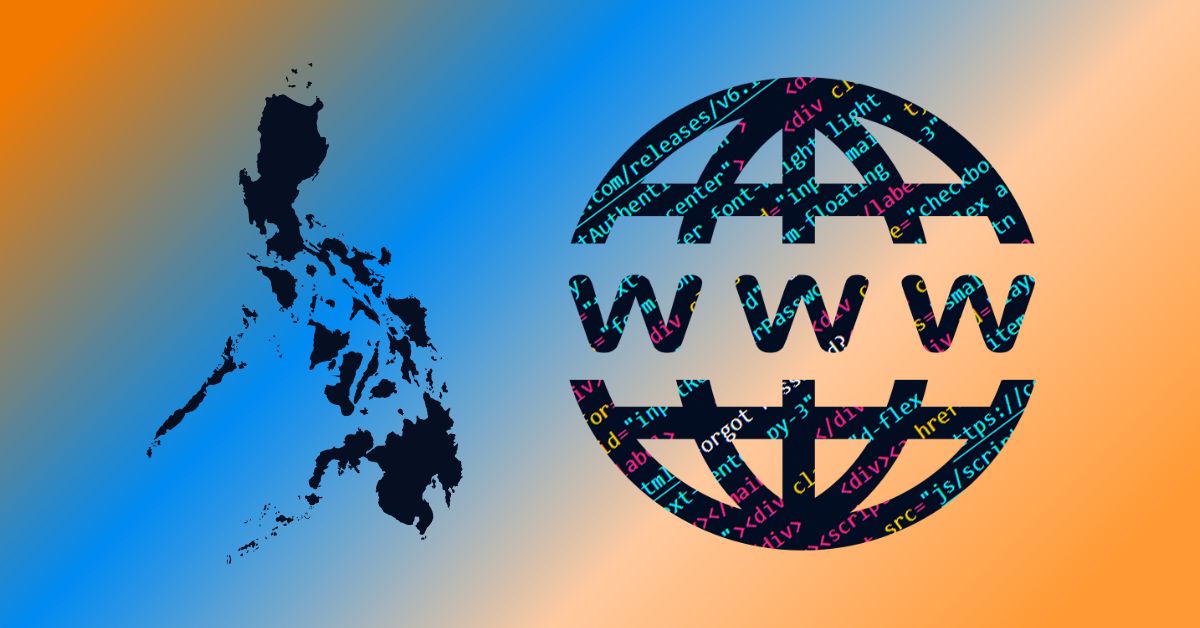In today’s digital landscape, social media networks have become powerful platforms for businesses and organizations to engage with their audiences. While leveraging these platforms is essential, relying solely on them for an online presence is a risky strategy. Maintaining a dedicated website is not just beneficial but crucial for long-term sustainability and control. The recent TikTok shutdown in the United States serves as a stark reminder of the unpredictability of social media platforms.
Ownership & Control
One of the most compelling reasons to maintain a website is ownership. Social media platforms are third-party services that can change their algorithms, policies, or even shut down entirely without prior notice. A dedicated website gives organizations full control over their content, design, and user experience. It acts as a digital home base that cannot be arbitrarily altered or removed by external entities.
For instance, TikTok, a widely popular platform with over 150 million users in the U.S., faced a potential nationwide ban due to concerns over national security and data privacy. Businesses that relied heavily on TikTok for outreach found themselves vulnerable, as they had no backup strategy beyond the platform. A website ensures continuity, even if a social media network becomes inaccessible.
Credibility & Professionalism
A website significantly enhances an organization’s credibility and professionalism. While social media pages are often seen as supplementary or promotional channels, a well-designed website serves as a central hub where potential customers or stakeholders can access comprehensive information about a company. It provides a more formal and trustworthy impression compared to a social media profile.
For public institutions, a website is an essential tool to disseminate accurate and official information. Relying solely on social media could lead to misinformation, especially since these platforms often prioritize trending or sensational content over factual accuracy.
Search Engine Visibility
Websites play a pivotal role in search engine optimization (SEO), allowing organizations to rank higher on search engines like Google. This is critical for driving organic traffic and attracting new customers or stakeholders. Social media platforms, on the other hand, are not optimized for search engines in the same way, limiting discoverability beyond their user base.
Data Privacy & Customization
Websites allow businesses to collect and analyze data directly through analytics tools while ensuring compliance with data privacy regulations. Social media platforms, however, retain ownership of user data and may limit access to detailed insights. Furthermore, websites offer unparalleled customization options, enabling businesses to tailor their content and branding to suit their unique identity and audience.
Longevity & Stability
Social media platforms are subject to trends and external factors that can lead to a decline in user engagement or complete obsolescence. Platforms like MySpace and Vine, once popular, are now virtually extinct. Websites, on the other hand, remain relevant as long as they are updated and maintained, providing stability and longevity in an ever-changing digital environment.
Mitigating Risks from Regulatory Changes
The TikTok shutdown threat highlights how regulatory actions can disrupt social media-dependent strategies. Businesses that had no presence outside of TikTok were left scrambling for alternatives, risking loss of revenue and audience engagement. A website ensures that organizations are not at the mercy of political or regulatory shifts affecting social media networks.
While social media is an indispensable part of modern marketing and communication strategies, it should not replace a dedicated website. A website serves as a stable, customizable, and credible digital foundation that ensures organizations retain control over their online presence, even amidst the uncertainties of social media platforms. By maintaining a balance between a robust website and an active social media presence, organizations can future-proof their digital strategies and stay resilient in a dynamic digital landscape.


